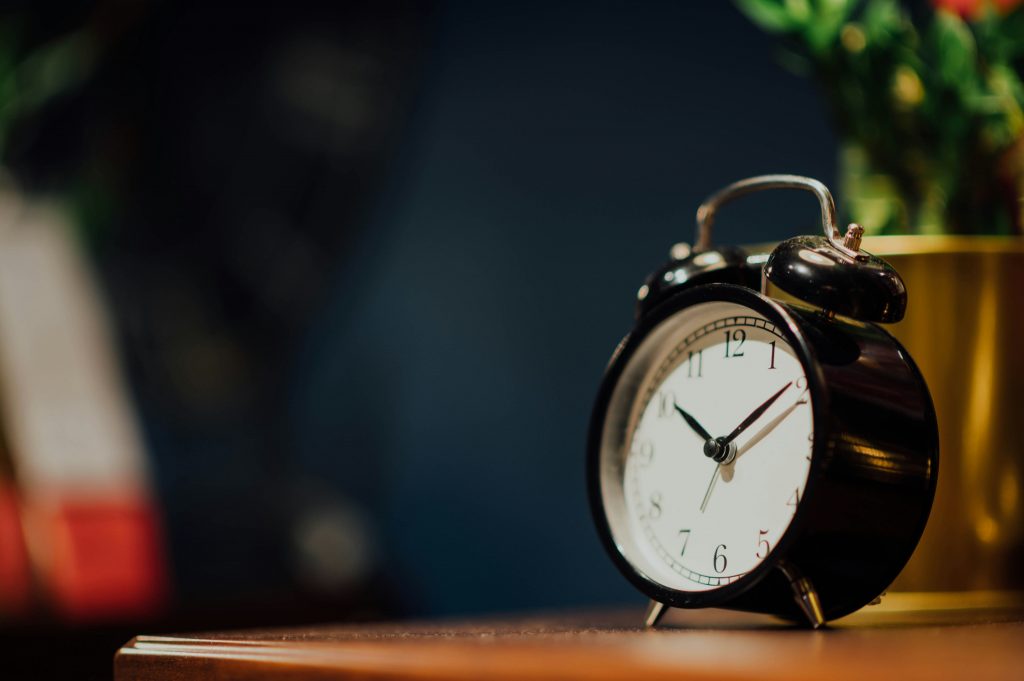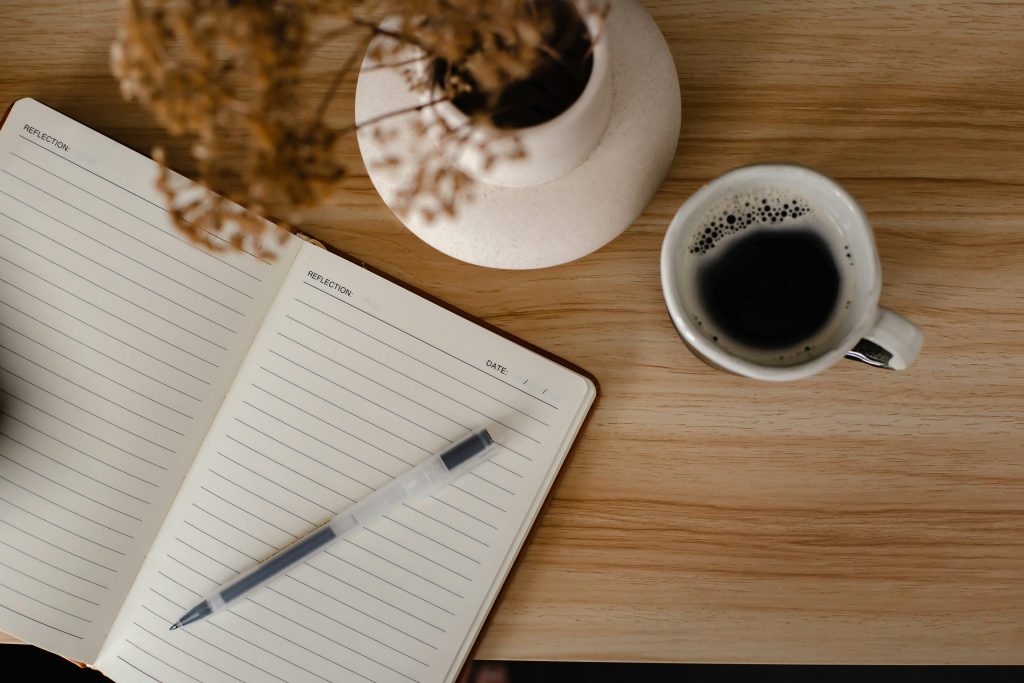The Email Trap: Why Your Morning Matters More Than You Think
During discovery interviews with professionals across various industries, I hear the same story repeatedly: “I wake up, immediately check my email, and feel like I’m already behind before my day even starts.” Sound familiar?
If you’re nodding along, you’re not alone. This reactive approach to mornings sets a tone of urgency and stress that can persist throughout your entire day. The good news? There’s a better way.
At Crow Consulting, we’ve seen firsthand how optimizing individual routines creates ripple effects that enhance team efficiency and overall organizational well-being. Today, we’re focusing on the foundation of it all: your morning routine.
The thesis is simple: A well-crafted morning routine is the foundation for a successful and fulfilling day. It’s the difference between starting your day in control versus feeling constantly behind.
The Science of Starting Right: Consistency is Key
Your Circadian Rhythm is Your Secret Weapon
Your body operates on a 24-hour internal clock called your circadian rhythm, which regulates everything from hormone production to body temperature. When you wake up at the same time each day—yes, even on weekends—you’re working with your biology rather than against it.
The benefits of consistent wake-up times include:
- Improved sleep quality and easier wake-ups
- Better hormone regulation (cortisol, melatonin)
- Enhanced cognitive function throughout the day
- More stable energy levels
- Reduced decision fatigue
Research shows that 29.9% of working adults average less than 6 hours of sleep per night, with management professionals experiencing the highest rates of sleep loss at 40.5%. Studies tracking working professionals demonstrate that consistent sleep schedules significantly improve job satisfaction and reduce workplace stress. Even more compelling, the UK Biobank Study following 82,391 adults over 7.9 years demonstrated that those with high sleep regularity showed 26-46% lower dementia risk—powerful evidence that your morning wake-up time affects long-term brain health.

Mindful Morning Practices: Setting Your Intentional Tone
Start with Your Body
Before you think about work, think about yourself. Your body has been fasting and dehydrating for 6-8 hours—it needs care before it can perform optimally.
Begin with the basics:
- Hydration first: A large glass of water jumpstarts your metabolism and brain function
- Nourish thoughtfully: A protein-rich breakfast stabilizes blood sugar and sustained energy. Cambridge research demonstrates 15-20% improvement in memory tasks and 10-15% enhancement in attention when people eat breakfast versus skipping it.
- Move gently: Light stretching, a short walk, or basic movement awakens your body. Research shows morning exercise provides superior cognitive benefits compared to afternoon timing, with improvements lasting throughout the day.

Cultivate Mental Clarity
The goal isn’t to add stress to your morning—it’s to create space for intention.
Choose what resonates with you:
- 5-10 minutes of mindfulness or meditation: Research published in the International Journal of Environmental Research and Public Health shows that morning meditation significantly increases positive affect and vitality. Even brief 8-week programs with just 13 minutes daily enhance attention, memory, and emotional regulation. Consider trying the free Plum Village App, which offers guided meditations from Zen master Thich Nhat Hanh and his monastic community—designed to “help people go home to themselves.”
- Journaling: Three pages of stream-of-consciousness writing or simple gratitude notes
- Intention setting: Identify your top 3 priorities for the day (not your entire to-do list)
“The way you start your day becomes the way you live your day, which becomes the way you live your life.” – Louise Hay
The Digital Detox: Protecting Your Mental Space
Resist the Email Trap
Here’s what happens when you check email first thing: you immediately shift into reactive mode. Someone else’s priorities become your priorities. Their urgency becomes your urgency. The science backs this up—studies show that smartphone presence significantly reduces cognitive capacity even when devices are turned off.
Instead, create boundaries:
- Keep your phone in another room or on airplane mode until after your morning routine
- Designate your first 30-60 minutes as “your time”
- Set specific times for checking email (perhaps 9 AM and 2 PM)
- Use an analog alarm clock instead of your phone

Design a Distraction-Free Environment
Your physical space shapes your mental state. Consider:
- Preparing your morning space the night before
- Having everything you need easily accessible (journal, tea, workout clothes)
- Creating a designated “morning zone” that’s calm and clutter-free
Personalizing Your Morning: There’s No One-Size-Fits-All
For Parents: The Home-to-Office Transition
If you have children, your morning routine serves a dual purpose: modeling healthy habits and creating a smooth transition between “home mode” and “work mode.”
Strategies that work:
- Wake up 30-45 minutes before your children for personal time
- Include family connection time (shared breakfast, brief check-ins)
- Create a clear transition ritual when kids leave for school
- Use the commute or first few minutes at your workspace to mentally shift into professional mode
For Everyone Else: Prioritizing Self-Care
Whether you live alone, with a partner, or with roommates, dedicating uninterrupted time to yourself is essential for mental health and productivity. For neurodivergent individuals, this personal time can be especially crucial for emotional regulation and sensory processing.
Your morning might include:
- A longer meditation or journaling session
- Reading a chapter of a book
- A workout or extended walk
- Creative pursuits (music, art, writing)
- Simply enjoying your coffee or tea in peaceful silence
- Sensory-friendly activities that help you feel grounded and regulated
Experimentation is Key
Don’t try to implement everything at once. Start with one or two practices and gradually build your routine. What energizes one person might drain another—listen to your body and preferences. This is especially important for people with ADHD, autism, or other neurological differences who may need routines that work with their unique processing styles.
Questions to guide your experimentation:
- What time do you naturally feel most alert?
- Do you prefer gentle movement or complete stillness in the morning?
- Are you energized by planning or do you prefer to ease into decisions?
- How much time realistically can you dedicate to a morning routine?
The Transformation: From Reactive to Intentional
When you start your day with intention rather than reaction, several things happen:
- Increased sense of control: You’re setting the agenda rather than responding to it
- Better decision-making: A calm, nourished brain makes clearer choices
- Reduced stress throughout the day: Harvard research shows that predictable morning routines measurably reduce anxiety levels and cortisol production
- Improved work performance: Studies of working professionals demonstrate that consistent morning routines improve job satisfaction, focus, and reduce workplace stress
- Enhanced work-life balance: Research on workplace well-being shows clear connections between morning routines and improved mental and physical health outcomes
Your Morning, Your Choice
The beauty of a morning routine isn’t in its perfection—it’s in its consistency and personal relevance. Whether your routine is 15 minutes or an hour, whether it includes meditation or just mindful coffee drinking, the key is creating space between waking up and diving into your professional responsibilities.
Start small. Choose one element that appeals to you and commit to it for one week. Notice how it affects your energy, mood, and productivity. Then gradually build from there.
Remember: this isn’t about adding pressure to your morning—it’s about reducing the pressure on your entire day.

Ready to Optimize More Than Just Your Morning?
Your morning routine is just the beginning. Download Our Free Morning Routine Template
Your path to what matters most starts with how you begin each day.
Leave a Reply